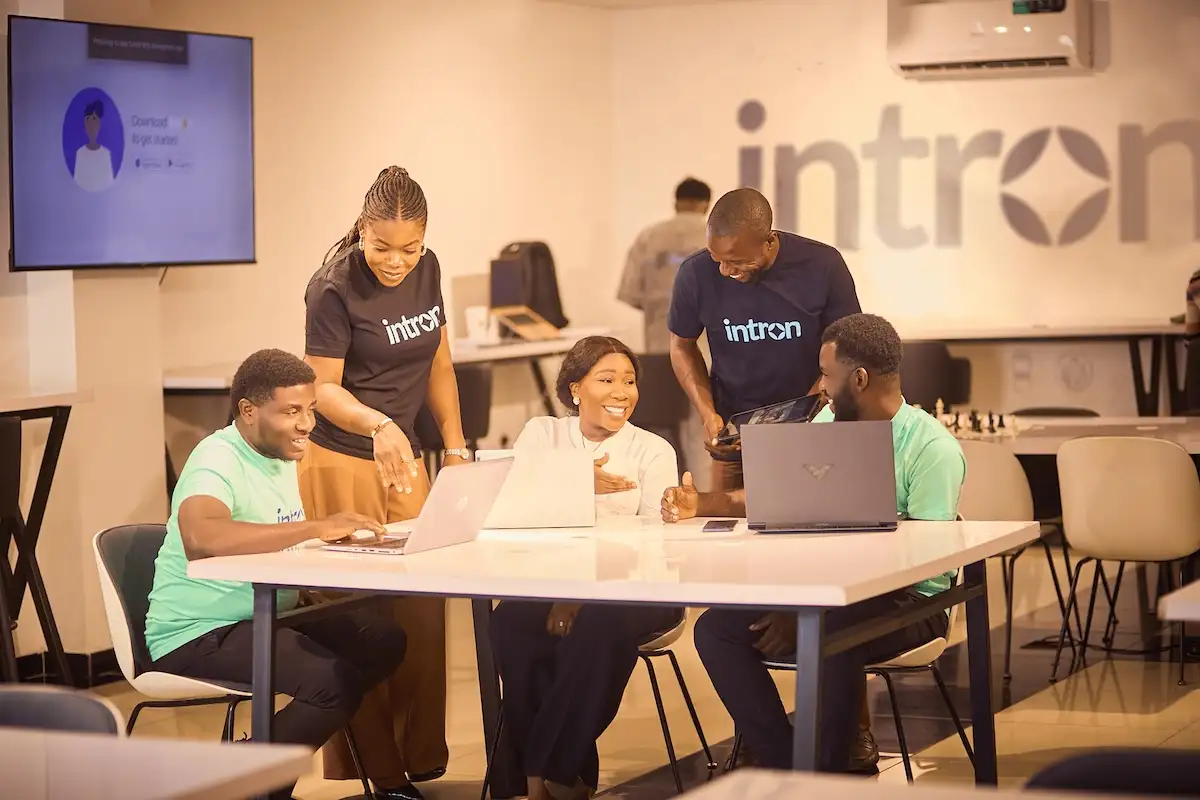Intron’s Sahara suite is setting a new global standard in voice AI technology. This voice platform is reshaping how African institutions capture, process, and respond to voice data. Unlike global tools that stumble over local accents, Sahara is tuned for Africa.
Originally launched to serve hospitals in 2022, Intron’s Sahara platform has since expanded into legal, customer service, and government use cases. Built on over 3.5 million audio clips from 18,000+ speakers in more than 30 African countries, Sahara’s models outperform global giants like OpenAI, Google, AWS, and Azure when it comes to understanding African voices.
“Africa building for itself, this is what Sahara represents,” says Tobi Olatunji, founder and CEO of Intron.
Mainstream AI voice systems often fail to process African names, accents, or languages correctly. Sahara was created to tackle that head-on. Its models can accurately transcribe and synthesise speech across more than 300 African accents and dialects, from Swahili and Hausa to Zulu-inflected English and Arabic-English hybrids.
The AI suite is powered by AccentMix, Intron’s proprietary training framework. This forms part of a growing local ecosystem challenging Silicon Valley’s one-size-fits-all approach to voice.
The real impact of Sahara is being felt on the ground:
- Courts: In Nigeria’s Ogun State, judges using Sahara have cut transcription times nearly in half. They no longer need to write notes by hand, allowing them to focus on proceedings and deliver justice more efficiently.
- Healthcare: In Rwanda and across Nigeria, Sahara is helping hospitals and clinics document clinical notes in under 60 seconds. At EHA Clinics, a typical 100-word patient note is transcribed in just 57 seconds—freeing up doctors’ time and improving patient outcomes.
- Customer Service: Fintech company Branch International uses Sahara’s conversational bots to handle after-hours support and reduce call queue times. The result? Higher customer satisfaction scores and more personalised service.
Other adopters include Rwanda’s Ministry of Health, Uganda’s C-Care hospital network, Kenya’s Rescue.co, and the Rural and Urban Private Hospitals Association of Kenya (RUPHA).
Intron’s suite includes:
- Sahara-Optimus – General-purpose speech-to-text model optimised for African accents
- Sahara-TTS – Pan-African text-to-speech engine with 80+ voices in 40+ accents
- Sahara Voice-Lock – Voice-based authentication tailored to African pronunciations and languages
Intron is also training Sahara-Titan, a next-gen model that will be able to transcribe and translate 20 African languages, and Sahara-Primus, designed to generate natural-sounding speech in the same languages.
Intron has become the go-to provider for African voice infrastructure. Backed by a $1.6 million pre-seed round raised in 2024, the company continues to grow its teams, API offerings, and R&D footprint.
In South Africa, nonprofit Audere is using Sahara to power a voice-enabled sexual health chatbot for young people. Meanwhile, in Uganda, C-Care is cutting patient wait times across 20+ hospitals thanks to Intron’s low-latency voice AI.
“We started building Sahara in the loudest hospital wards,” says Olatunji. “That forced us to solve for the hardest conditions—and now it works everywhere.”
Also Read: Kenya’s digital economy needs agile approach to cybersecurity

